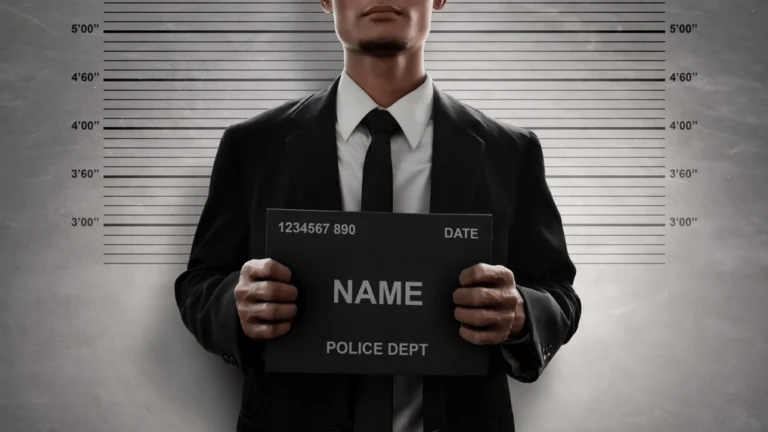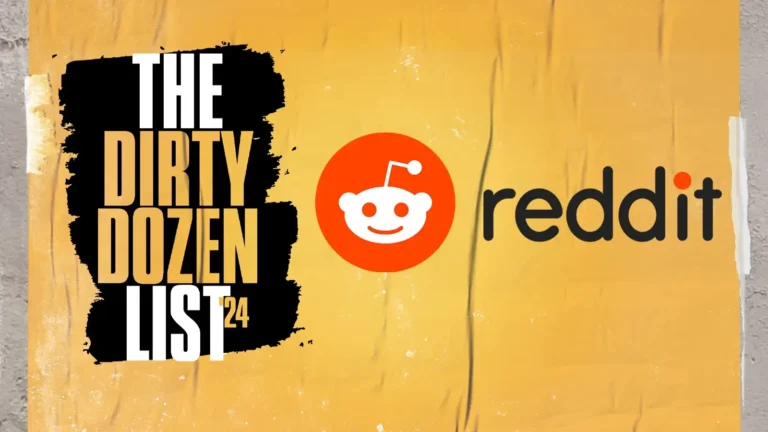The bill would give sex-trafficking victims more power to sue websites that knowingly support sex trafficking.
The House report on the bill conflates sex work and sex trafficking, even though the latter requires physical restraint, fraud, physical confinement and rape, and coercion.
“We must put an end to modern-day slavery here in the United States”, House Speaker Paul Ryan said in a statement before the vote.
Courts previously ruled the Communications Decency Act of 1996 shielded the websites from liability because they merely hosted third-party content and didn’t create it. “That’s why we at Facebook support efforts to pass amended legislation in the House that would allow responsible companies to continue fighting sex trafficking while giving victims the chance to seek justice against companies that knowingly facilitate such abhorrent acts”. FOSTA would allow websites like the notorious Backpage.com to be held accountable for facilitating sex trafficking. But opponents of the legislation point out that laws punishing websites for enabling sex trafficking already exist: Under the original language of Section 230, platforms that violate federal laws by hosting advertisements for sex trafficking are not immune from prosecution. “Enough Is Enough joins with survivors, state attorneys general and advocacy groups in saying that we will not stand by idly while website executives line their pockets at the expense of those they abuse”, said Rice.
Because the language used to define trafficking resembles that used to describe sex work, sex workers fear they will be unfairly targeted under FOSTA, which will make it more hard to find clients and make a living.
The ACLU sent a letter to House representatives opposing FOSTA and called it a “serious yet unsuccessful attempt to stop the use of the Internet for sex trafficking without hindering online freedom of expression and artistic innovation”. Indeed, the Electronic Frontier Foundation noted that a computer would not be able to distinguish between a legitimate sex work post and one that supports sex trafficking with anything approaching 100 percent accuracy, so “platforms would have to calibrate their filters to over-censor”. Among them were staunch criminal justice reform advocate Rep. Bobby Scott (D-Virginia), pro-Trump Republican Rep. Matt Gaetz (Florida), longtime women’s rights and anti-violence advocate Rep. Barbara Lee (D-California), and most of the House Liberty Caucus, including Reps.
A defendant may assert, as an affirmative defense, that the promotion or facilitation of prostitution is legal in the jurisdiction where it was targeted.
The National Center on Sexual Exploitation (NCOSE), a supporter of the legislation, has termed Backpage a “hub” for prostitution advertising, and included the site on its 2018 Dirty Dozen List of the leading facilitators of sexual exploitation.




